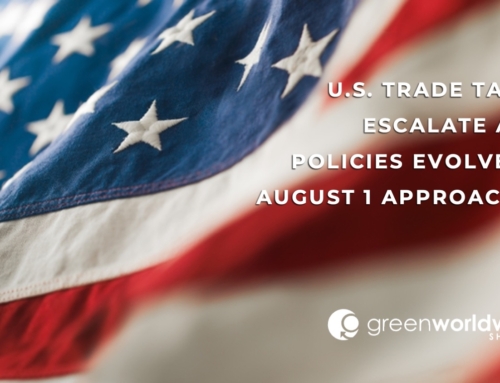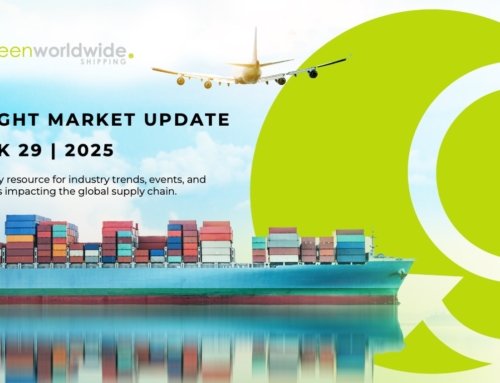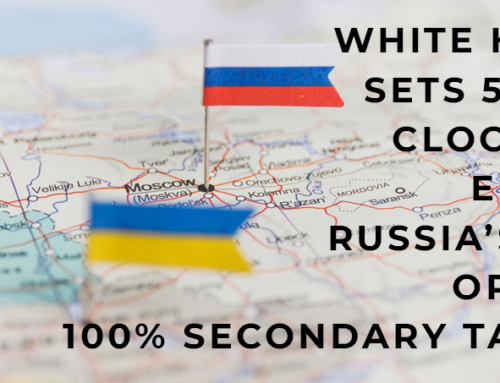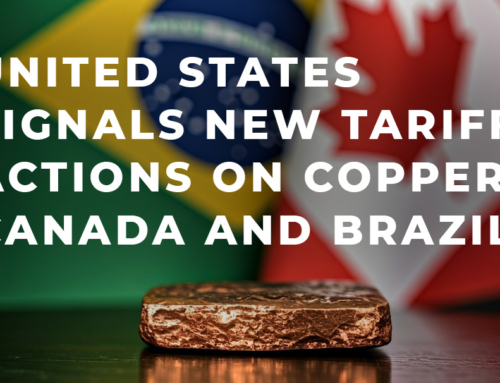As a company, when you import a product into the United States you bear a certain amount of responsibility for everything that has gone into the process of getting that product to market. This includes being aware of whether forced labor or human rights abuses occurred at any point during the supply chain up to that point.
Regulations in place in the U.S. and elsewhere require companies to comply with certain standards when it comes to human rights and forced labor and imports. These generally prohibit the import of goods that are made in whole or in part with forced labor, and hold that importers are responsible for the goods in their supply chain, whether they are directly aware of human rights violations or not.
HUMAN RIGHTS DUE DILIGENCE
The process you take as an importer to uncover and address potential and actual human rights issues within your supply chain. There are four components to a due diligence process:
Identify: Identify real or potential human rights and forced labor issues within your supply chain so you know where these impacts may occur.
Act: Institute processes and mechanisms within your operations to reduce the adverse impacts on human rights and forced labor.
Evaluate: Evaluate the effectiveness of these new measures to understand if they are leading to progress in reducing these impacts.
Communicate: Communicate with all stakeholders what you are doing to reduce human rights and forced labor issues, including with the communities that are most impacted.
Stay up-to-date on freight news with Green’s Weekly Freight Market Update by following us on Facebook, Instagram, and LinkedIn. For continuous updates, make sure to check out our website at greenworldwide.com.





